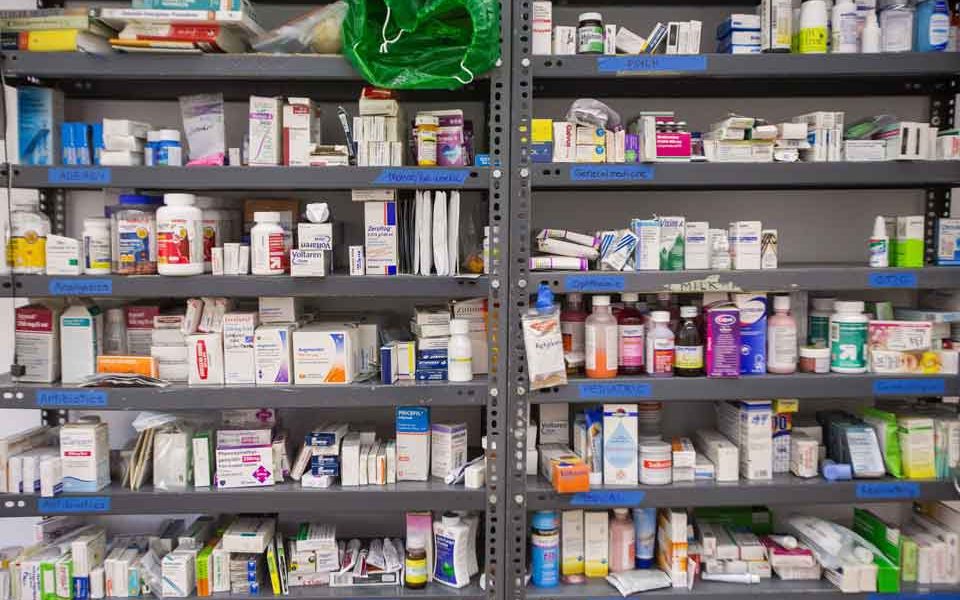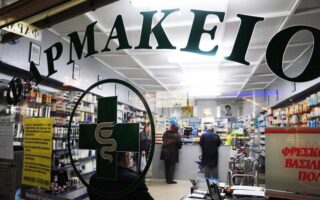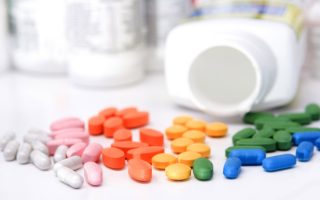Emergency plan for medicines shortage
Tighter controls on warehouses, price increases on very low-cost drugs announced by ministry

In an effort to address a shortage in certain medicines, the Health Ministry announced a series of measures on Monday that include an increase in the prices of very low-cost drugs so that they are promoted in the Greek market and not in the international market where their prices are much higher.
Senior Health Ministry officials told Kathimerini that the measures will also increase the participation of the insured in the purchase of medicines. However, they clarified that because these are very cheap drugs, the participation will not be a significant.
The measures were decided during a meeting between Health Minister Thanos Plevris, the Greek agency for pharmaceuticals (EOF), representatives of wholesalers and pharmacies, and others.
Checks will be stepped up if pharmacies are stockpiling drugs in short supply, so that as soon as the ban on parallel exports is lifted they can be sold abroad. In cases where warehouses hold a stockpile or do not cooperate during the inspection, their operation will be suspended.
In addition, audits of pharmaceutical companies will continue in order to determine whether they have enough drugs to cover demand in the Greek market. The focus will be on medicines for children and antipyretics.
Regarding the price increases on effective and very cheap medicines, a quantitative criterion (e.g. being below a certain price) will be set for inclusion in the list of drugs to be repriced. Another criterion will be whether specific drugs have a high volume of consumption in the market.
According to the Health Ministry, the adjustment concerns drugs that are no longer profitable to make due to a rise in the cost of materials, and hence risk being phased out of the market and replaced by more expensive alternatives.
Other measures include an increase in orders for active ingredients by the Pharmaceutical Research & Technology Institute (IFET), which is responsible for the import, production and distribution of pharmaceutical products, but also for products for which there is a global shortage. A typical example is amoxicillin, a semi-synthetic penicillin used in the production of drugs for treating infections.
Also foreseen are drug shortage briefings by the National Organization of Medicines (EOF), which is in charge of pharmaceutical management for public health reasons. EOF will also be responsible for educating the public about available generic pharmaceuticals when the eponymous ones are unavailable.





